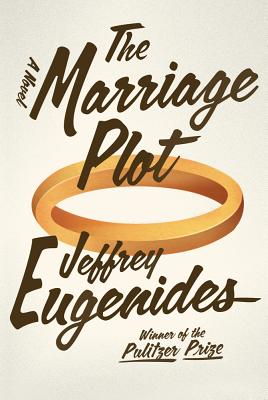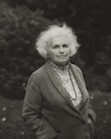 The Millions has a wonderful essay by Jeffrey Eugenides on his process of writing his latest novel, The Marriage Plot. It began with what he called “an act of literary adultery”:
The Millions has a wonderful essay by Jeffrey Eugenides on his process of writing his latest novel, The Marriage Plot. It began with what he called “an act of literary adultery”:
In the late 90s, during an impasse in the writing of Middlesex, I put the manuscript aside. (I hadn’t fallen out of love, exactly, but I wasn’t sure where the relationship was headed.) Over the following weeks I began flirting with another novel, not a comic epic like Middlesex but a more traditional story about a wealthy family throwing a debutante party. At first, the new novel seemed to be everything I was looking for. It was less demanding, easy to be with, and rather nicely proportioned. Before I knew it I’d written a hundred pages…
As you might guess, the romance with the new story wore off, sending Eugenides back to Middlesex–and later, leading him to “cheat” on this new book as well.
I’ve been thinking about this lately, because I’ve working on my novel for the past 5 years, and okay, I’ll admit it–I’ve strayed a few times. There was a short story, then another. During a particularly rocky patch, I even started another book, as Eugenides did–though in the end I put those pages away and slunk back home, renewing my commitment to Novel #1. But Eugenides’ example is further proof of something I’ve always suspected: that unlike in the world of romance, in writing, these little dalliances are often necessary and even productive. Now and then, you need a break from one project, and often you’ll find the new story cross-fertilizing the old in ways that deepen and enrich both.
Read Eugenides’ full essay over at The Millions, and then ‘fess up: have you ever committed “literary adultery”? Do you find it helps your work, or are you a confirmed literary monogamist?
Further Reading:
- What else can love teach you about writing? More than you might expect.
- FWR’s own Jeremiah Chamberlin recently hosted an evening with Jeffrey Eugenides for the Traverse City National Writers Series.
- More stories of successful long-term relationships with writing the ten-year novel and the ten-year story. Now that’s committment.





